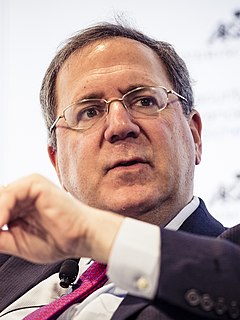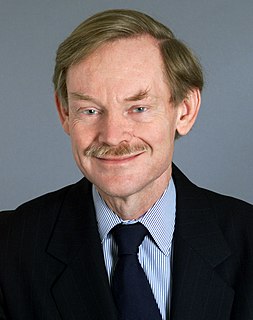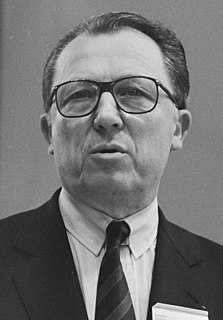A Quote by David E. Sanger
Until Japan's economy drove off a cliff, there was a running argument in Asia about whether it would be wiser to follow the 'Japan model' - with its megacorporations, jobs for life, state control of strategic industries - or the 'American model' of largely unfettered markets.
Related Quotes
The sluggish economy is creating a situation where the young people in Japan cannot cherish their desires or have prospects for their future. Also, the decline in Japan's economic capability is resulting in a declining presence for Japan's foreign policy as well.
Accordingly, the duties and mission that I must fulfill are pretty clear: namely, to regain a strong and robust economy, and also to restore Japan's strong foreign policy capability.
The election of Shinzo Abe as the leader of Japan's ruling Liberal Democratic party and now prime minister will have profound repercussions for Japan and East Asia. Most western commentary during the premiership of Junichiro Koizumi has been concerned with the extent to which Japan has allowed a freer rein to market forces.































